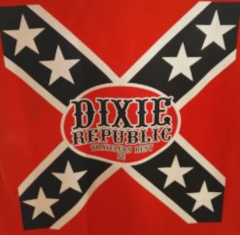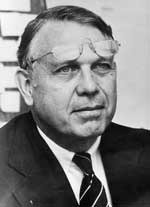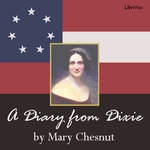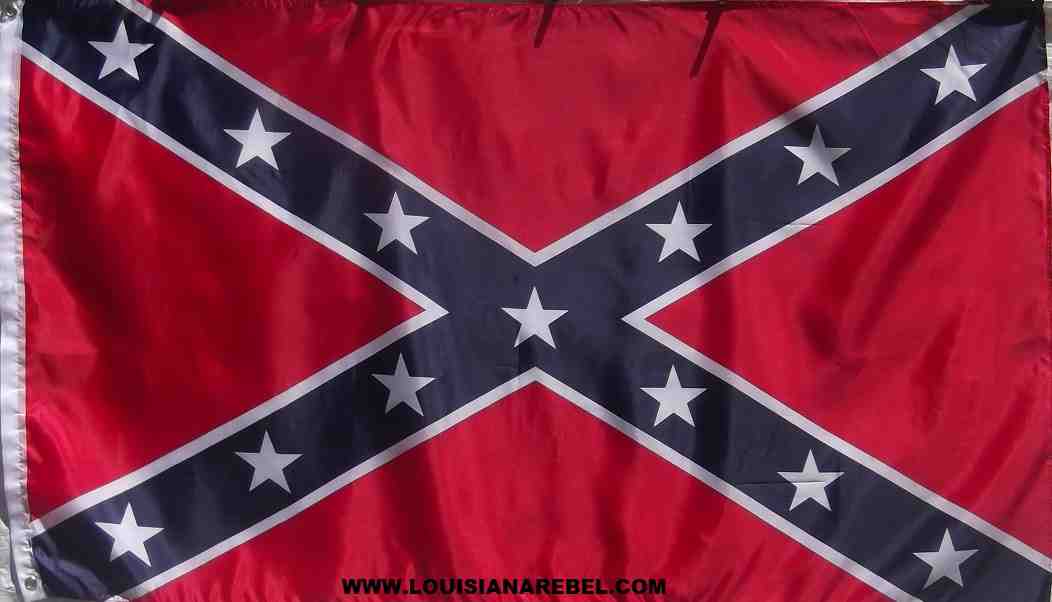A Diary From Dixie, Chapter 08
Page 77
VIII. FAUQUIER WHITE SULPHUR SPRINGS, VA.
July 6, 1861 - July 11, 1861
FAUQUIER WHITE SULPHUR SPRINGS, Va., July 6, 1861. - Mr. Brewster came here with us. The cars were jammed with soldiers to the muzzle. They were very polite and considerate, and we had an agreeable journey, in spite of heat, dust, and crowd. Rev. Robert Barnwell was with us. He means to organize a hospital for sick and wounded. There was not an inch of standing-room even; so dusty, so close, but everybody in tip-top spirits.
Mr. Preston and Mr. Chesnut met us at Warrenton. Saw across the lawn, but did not speak to them, some of Judge Campbell's family. There they wander disconsolate, just outside the gates of their Paradise: a resigned Judge of the Supreme Court of the United States; resigned, and for a cause that he is hardly more than half in sympathy with, Judge Campbell's is one of the hardest cases.
July 7th. - This water is making us young again. How these men enjoy the baths. They say Beauregard can stop the way with sixty thousand; that many are coming.
An antique female, with every hair curled and frizzed, said to be a Yankee spy, sits opposite us. Brewster solemnly wondered "with eternity and the judgment to come so near at hand, how she could waste her few remaining minutes curling her hair." He bade me be very polite, for she would ask me questions. When we were walking away
Page 78
from table, I demanded his approval of my self-control under such trying circumstances. It seems I was not as calm and forbearing as I thought myself. Brewster answered with emphasis: "Do you always carry brickbats like that in your pocket ready for the first word that offends you? You must not do so, when you are with spies from the other side." I do not feel at all afraid of spies hearing anything through me, for I do not know anything.
But our men could not tarry with us in these cool shades and comfortable quarters, with water unlimited, excellent table, etc. They have gone back to Manassas, and the faithful Brewster with them to bring us the latest news. They left us in excellent spirits, which we shared until they were out of sight. We went with them to Warrenton, and then heard that General Johnston was in full retreat, and that a column was advancing upon Beauregard. So we came back, all forlorn. If our husbands are taken prisoners, what will they do with them? Are they soldiers or traitors?
Mrs. Ould read us a letter from Richmond. How horrified they are there at Joe Johnston's retreating. And the enemies of the War Department accuse Walker of not sending General Johnston ammunition in sufficient quantities; say that is the real cause of his retreat. Now will they not make the ears of that slow-coach, the Secretary of War, buzz?
Mrs. Preston's maid Maria has a way of rushing in - "Don't you hear the cannon?" We fly to the windows, lean out to our waists, pull all the hair away from our ears, but can not hear it. Lincoln wants four hundred millions of money and men in proportion. Can he get them? He will find us a heavy handful. Midnight. I hear Maria's guns.
We are always picking up some good thing of the rough Illinoisan's saying. Lincoln objects to some man - "Oh, he is too interruptious "; that is a horrid style of man or
Page 79
woman, the interruptious. I know the thing, but had no name for it before.
July 9th. - Our battle summer. May it be our first and our last, so called. After all we have not had any of the horrors of war. Could there have been a gayer, or pleasanter, life than we led in Charleston. And Montgomery, how exciting it all was there! So many clever men and women congregated from every part of the South. Mosquitoes, and a want of neatness, and a want of good things to eat, drove us away. In Richmond the girls say it is perfectly delightful. We found it so, too, but the bickering and quarreling have begun there.
At table to-day we heard Mrs. Davis's ladies described. They were said to wear red frocks and flats on their heads. We sat mute as mice. One woman said she found the drawing-room of the Spotswood was warm, stuffy, and stifling. "Poor soul," murmured the inevitable Brewster, "and no man came to air her in the moonlight stroll, you know. Why didn't somebody ask her out on the piazza to see the comet?" Heavens above, what philandering was done in the name of the comet! When you stumbled on a couple on the piazza they lifted their eyes, and "comet" was the only word you heard. Brewster came back with a paper from Washington with terrific threats of what they will do to us. Threatened men live long.
There was a soft, sweet, low, and slow young lady opposite to us. She seemed so gentle and refined, and so uncertain of everything. Mr. Brewster called her Miss Albina McClush, who always asked her maid when a new book was mentioned, "Seraphina, have I perused that volume?"
Mary Hammy, having a fiancé in the wars, is inclined at times to be sad and tearful. Mrs. Preston quoted her negro nurse to her: "Never take any more trouble in your heart than you can kick off at the end of your toes."
July 11th. - We did hear cannon to-day. The woman who slandered Mrs. Davis's republican court, of which we
Page 80
are honorable members, by saying they - well, were not young; that they wore gaudy colors, and dressed badly - I took an inventory to-day as to her charms. She is darkly, deeply, beautifully freckled; she wears a wig which is kept in place by a tiara of mock jewels; she has the fattest of arms and wears black bead bracelets.
The one who is under a cloud, shadowed as a Yankee spy, has confirmed our worst suspicions. She exhibited unholy joy, as she reported seven hundred sick soldiers in the hospital at Culpeper, and that Beauregard had sent a flag of truce to Washington.
What a night we had! Maria had seen suspicious persons hovering about all day, and Mrs. Preston a ladder which could easily be placed so as to reach our rooms. Mary Hammy saw lights glancing about among the trees, and we all heard guns. So we sat up. Consequently, I am writing in bed to-day. A letter from my husband saying, in particular: "Our orders are to move on," the date, July 10th. "Here we are still and no more prospect of movement now than when I last wrote to you. It is true, however, that the enemy is advancing slowly in our front, and we are preparing to receive him. He comes in great force, being more than three times our number."
The spy, so-called, gave us a parting shot: said Beauregard had arrested her brother in order that he might take a fine horse which the aforesaid brother was riding. Why? Beauregard, at a moment's notice, could have any horse in South Carolina, or Louisiana, for that matter. This man was arrested and sent to Richmond, and "will be acquitted as they always are," said Brewster. "They send them first to Richmond to see and hear everything there; then they acquit them, and send them out of the country by way of Norfolk to see everything there. But, after all, what does it matter? They have no need for spies: our newspapers keep no secrets hid. The thoughts of our hearts are all revealed. Everything with us is open and aboveboard.
Page 81
"At Bethel the Yankees fired too high. Every daily paper is jeering them about it yet. They'll fire low enough next time, but no newspaper man will be there to get the benefit of their improved practise, alas!"











